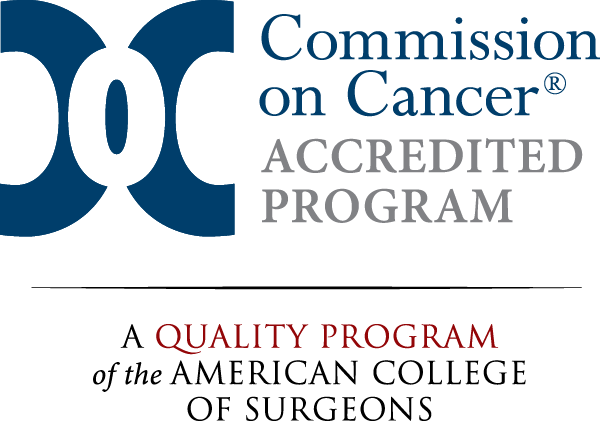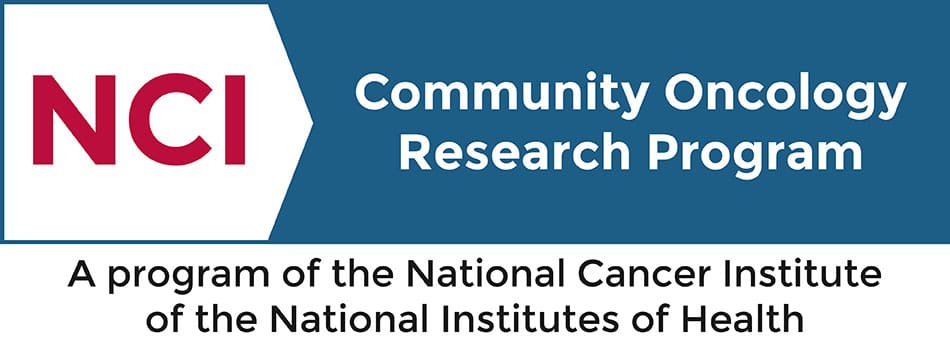- OUR PATIENTS
- Patient Forms
- Cancer Support Services
- Screenings
- Educational Programs
- Preparing For Your Visit
- Patient Portal
- Billing and Insurance
- Visitor Information
Screenings
Helping you find and diagnose cancer earlier.
Many different screenings have been developed over the years to help identify precancerous and cancerous cells as early as possible. These screenings are a fit for the general public, but crucial for those with a family history of cancer.
Preventing cancer often relies on finding and diagnosing cancerous or precancerous cells as soon as possible. If you or your doctor think you may be at a high risk for cancer due to family history or lifestyle choices, you may want to consider getting screened earlier than recommended. If you’re unsure, schedule an appointment with one of our cancer specialists, and we’ll help ensure you’re put on a path towards better health.
See below for screenings available at Capital Health, current recommendations on who should get screened, and how to schedule an appointment for each.
At Capital Health, we offer mammograms, whole breast ultrasound, breast MRI, and molecular breast imaging. Molecular breast imaging is ideal for women with high risk factors (i.e. family history) or with dense breast tissue. Current recommendations for when to begin screenings are:
- Age 40 – begin screening mammogram and continue annually
- In patients with a family history, begin screening 10 years before the youngest first degree relative was diagnosed (mom/sister) and continue annually
- In patients who are at high risk or have a genetic mutation, begin screening at age 25
To schedule a breast scan, please contact central scheduling line by calling 609-394-6695 or submit a call back request by clicking here.
A cancer risk assessment provides information about how heredity and environmental factors may cause cancer in a family or an individual. A cancer risk consultation with a certified genetic counselor can provide accurate information about cancer risk, cancer screening and genetic testing. This information can relieve anxiety and provide a sense of control. Individuals who can benefit from this assessment include those with a:
- Diagnosed cancer
- First degree relative diagnosed with cancer
- Family with two or more relatives on the same side with the same or related cancers
- Family history of cancer and of Ashkenazi Jewish decent
- Family member who had
- Cancer that occurred before the age of 50
- Cancers in both breasts, ovaries, kidneys or adrenal glands
- Two different cancers at any time
- A rare cancer
- An inherited condition with which cancer occurs more frequently than it does when the condition is not present (such as multiple intestinal polyposis, neurofibromatosis or Cowden’s disease)
To schedule a consultation, please call either 609-537-7043 or 609-303-4839 or you may click here to learn more about the program.
A Papanicolaou test (commonly referred to as a Pap test or Pap smear) can detect precancerous or cancerous cells in the cervix. Based on the USPSTF Cervical Cancer Screening recommendations, which Capital Health follows, females should first be tested at age 21 and follow the below guidelines:
- Ages 21-29 – cervical cytology alone every three years
- Ages 30-65:
- Cervical cytology alone every three years OR
- hrHPV testing alone every 5 years OR
- Co-testing (hrHPV testing and cervical cytology) every 5 years
- Ages 65+ with adequate prior screening – no screening
- Women who have had a hysterectomy with removal of the cervix and do not have a history of a high-grade cervical precancerous lesion or cervical cancer – no screening
To schedule a Pap test, please contact Capital Health Primary Care by clicking here or Capital Health OB/GYN here.
Capital Health offers colon cancer screenings regularly throughout the week, providing you with convenient scheduling options. Start your screening at the age listed below depending on which category you fall into:
- No family history of colon cancer or an advanced polyp: begin at 45 years of age
- With a family history of colon cancer or advanced polyp: 40 years of age or 10 years younger than the age at which your immediate family member was diagnosed, whichever is earlier
To schedule a colonoscopy, please call 609-303-4444 or fill out the form below to submit a call back request.
A quick CT scan using low-dose computed tomography (LDCT) can detect lung cancer often before symptoms appear. Annual lung cancer LDCT screenings are recommended for patients who fit within all three of these categories:
- Adults 50-80 years old
- Current or former smokers (who have quit within the last 15 years)
- “20 pack year” smoking history (Example: two packs/day for 10 years or one pack/day for 20 years)
To schedule a screening, please call 844-303-LUNG (5864) and press 1 or fill out the form below to submit a call back request.
If a lung nodule is discovered on the above scan, our collaborative team of specialists work together to determine whether the nodule is benign or cancerous and provide a customized treatment plan. Our lung nodule team includes specialized providers in:
- Interventional pulmonology
- Interventional radiology
- Pathology
- Thoracic surgery
- Medical oncology
- Radiation oncology
In addition to these screenings, Capital Health offers a Quit Smoking Program. Our experts help you to address the physical and psychological dependence on nicotine and tobacco products. Our personalized approach includes nicotine replacement therapy, individual/group counseling and alternative treatment options. For more information, click here or call 844-303-LUNG (5864) and press 3.
Pancreatic cancer and precancerous pancreatic lesions are among the most challenging tumors to diagnose. While screening the general population is not recommended, there are high risk groups who may want to consider screening, such as those with a strong family history. The goals of screening are to find pre-cancerous lesions before they turn into cancer, or to identify early stage cancers when they are more treatable.
The options for pancreatic screening services available at Capital Health include MRI or CT scans, specialized blood tests including genetic testing, and endoscopic ultrasound (EUS). EUS is the highest resolution test possible of the pancreas and also allows the physician to sample any suspicious lesions that may be identified, all in a non-invasive way. Typically, a combination of these tests is used as part of a pancreatic screening strategy. After meeting with a member of our pancreas team, a personalized screening strategy will be developed.
Those who should consider screening include individuals with:
- One first-degree relative diagnosed with pancreatic cancer younger than age 50.
- Two or more first-degree relatives diagnosed at any age.
- Multiple second-degree relatives diagnosed.
- Hereditary pancreatitis.
- Carrier of the BRCA-1 or BRCA-2 mutation.
- Carrier of the PALB2 or p16 mutation and one first-degree relative with pancreas cancer.
- Peutz-Jaghers syndrome.
- Lynch syndrome and one first-degree relative with pancreas cancer.
Additionally, anyone with any of the following may benefit from further workup of a possible pancreatic tumor:
- A pancreas cyst.
- Unexplained acute pancreatitis.
- New onset of diabetes after age 50
To schedule a screening evaluation, please call the Capital Health Center for Digestive Health at 609-537-5000.
Prostate screenings are critical in determining early stages of prostate cancer. These screenings include a blood test that checks the prostate-specific antigen (PSA) levels, along with a rectal exam. Generally this is beneficial for patients with a greater than 10-year life expectancy.
- Starting at age 50 – discuss testing with your primary care physician.
- If African American or have a father/brother who had prostate cancer before age 65, screening should start as of age 45.
- If first degree relative had prostate cancer at an early age, then initial screening should be considered at age 40.
While there are no recommendations for regular screening for bladder and kidney cancers, screening can be performed with a urine test at your yearly primary care check-up. This screening is especially important for those patients with a history of smoking.
To schedule a prostate screen, call Capital Health Urology Specialists at 609-303-4460 or click here.

